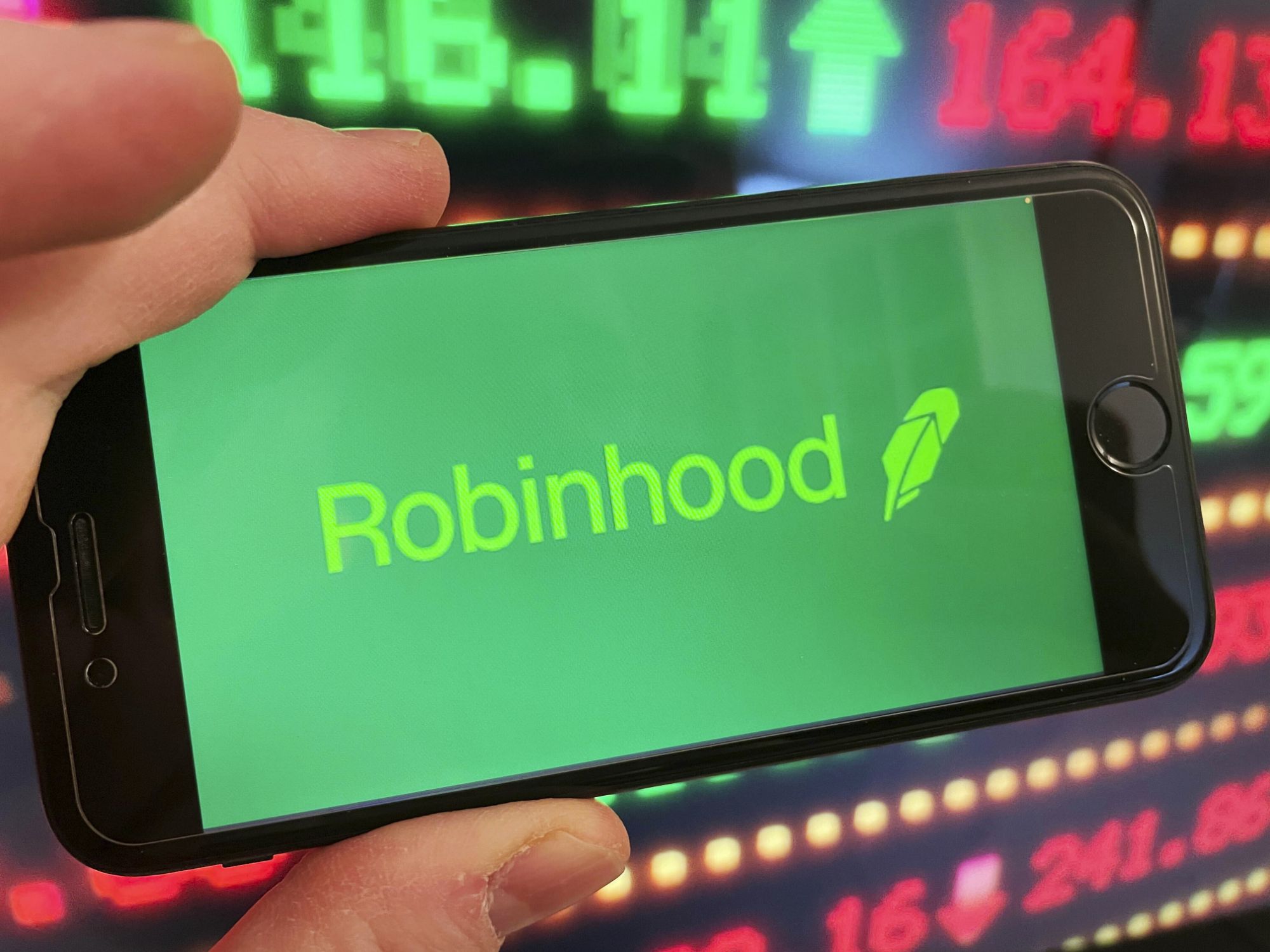It’s ironic that a trading platform whose motto is “Investing for Everyone” would find itself at the center of a retail investor revolt against the Wall Street glitterati. What happened this past week with GameStop (GME), Reddit and Robinhood is a classic tale of David and Goliath, but even the pros say this time is different.
“We’ve seen short squeezes in the past, but I call this one the grand awakening,” Kevin Simpson, portfolio manager at Capital Investment Management, told Yahoo Finance Live. “Seeing this mass chat room chatter do something that we’ve never seen before is a little bit reminiscent of the Yahoo chat boards from the 1990s. But this is something totally different.”
That’s because this time, the power of Reddit drove the revolt at lighting speed. An army of small investors sent shares of depressed companies like GameStop and AMC (AMC) up into the stratosphere, hurting the billionaire hedge funds that bet against those stocks.
The commission-free pioneer broker, Robinhood, then temporarily barred investors from buying GameStop and other heavily shorted stocks, leaving them no choice but to hold their position or sell. Meanwhile, hedge funds were free to trade those same stocks, without restrictions.
Robinhood’s decision to halt trading led to at least two class action lawsuits, claiming the trading platform rigged the market against them and in favor of the Wall Street bigwigs. Robinhood CEO Vlad Tenev told Yahoo Finance Live that the platform restricted trading to protect the firm and its customers.
Joshua Mitts, a Columbia law professor who has written extensively about securities law, said there’s little evidence such restrictions serve to protect retail investors. “This is but the latest iteration in a long string of frustrations that retail investors have encountered when they try to compete with the pros on Wall Street,” he told Yahoo Finance Live.
Mitts said retail investors have been getting systematically burned by hedge funds for years, to the tune of tens of billions of dollars.
“So, when Robinhood steps up and in effect restricts retail investors from doing the same thing that these shortsighted hedge funds can do through their prime brokerage accounts, it does raise profound questions of equity,” Mitts said, adding there needs to be policy reform to ensure a more level playing field for small investors.
“The question is whether the infrastructure treats them fairly. Whether the rules of the road that apply to retail apply equally to hedge funds. That’s what’s undermining retail confidence in companies like Robinhood,” he said.
Still, Mitts said the Robinhood lawsuits face an uphill battle.
“The customer agreement that every Robinhood customer agrees to when they install the app does allow Robinhood to suspend trading and deny trading at any time,” he said. “But Robinhood is subject to broader regulatory obligations.”
Mitts said the Securities and Exchange Commission (SEC) needs to “step up and scrutinize the level of risk taking and precautions that are in place when brokers offer apps like these to retail investors.”
Platforms like Robinhood have a fiduciary duty to their customers to execute trades at the best available price, he said.
Fintech is still a relatively new industry, and Simpson said last week’s frenzied trading is part of its growing pains.
“It’s still a new platform,” said Simpson. “I think it’s a platform that’s engaging lots of new investors, both of which are learning as they go. I think the regulation that can come from this will only be more healthy to make sure it doesn’t happen again in the future.”
Alexis Christoforous is an anchor and reporter for Yahoo Finance. Follow her on Twitter @AlexisTVNews.
Follow Yahoo Finance on Twitter, Facebook, Instagram, Flipboard, SmartNews, LinkedIn, YouTube, and reddit.
Find live stock market quotes and the latest business and finance news
For tutorials and information on investing and trading stocks, check out Cashay
[ad_2]
Source

